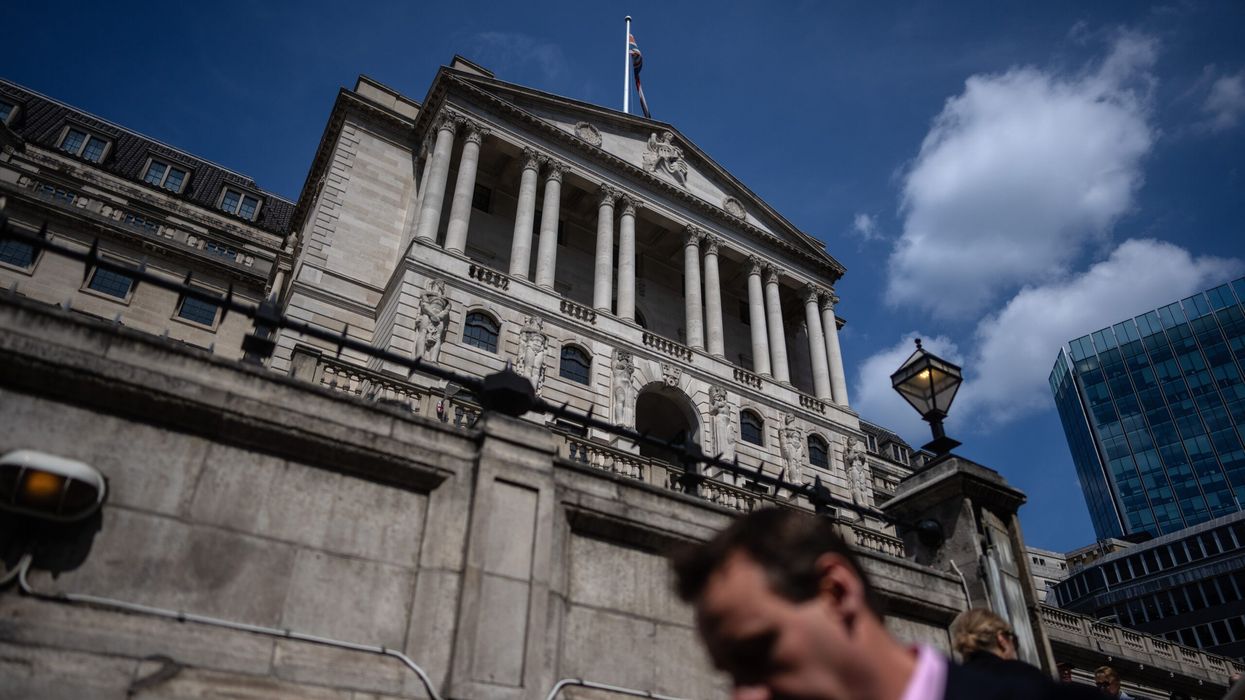THE BANK OF ENGLAND (BoE0 is expected to keep its key interest rate unchanged on Thursday, but some analysts say a possible cut ahead of the annual budget cannot be dismissed.
Most analysts expect the BoE to hold its main borrowing rate at 4.0 per cent after its latest meeting, with inflation still above the central bank's target.
However, "a spate of weak economic data... means a surprise cut cannot be ruled out", said Kathleen Brooks, research director at XTB trading group.
Attention will also be on the BoE's latest forecasts for UK inflation and economic output, coming around three weeks before prime minister Keir Starmer's Labour government presents the budget.
A cut to interest rates could reduce pressure on the government after finance minister Rachel Reeves on Tuesday signalled the possibility of controversial tax increases in her November 26 budget.
The chancellor of the exchequer warned of "necessary choices" as Britain deals with high debt and inflation.
"As I take my decisions on both tax and spend, I will do what is necessary to protect families from high inflation and interest rates," Reeves said in a pre-budget speech in Downing Street.
Britain's retail banks often pass on BoE rate cuts to customers, lowering the cost of mortgages and business loans.
‘Close call’
The BoE’s main role, operating independently of the UK government, is to keep annual inflation at 2.0 per cent.
The latest official figure stands at 3.8 per cent, although this came in below the central bank’s estimate that inflation would peak at 4.0 per cent in September. At that meeting, the BoE kept rates unchanged after cutting in August.
There was no monetary policy meeting in October.
The August reduction took the main rate to its lowest level in two-and-a-half years amid concerns about the impact of US tariffs on the UK economy.
It marked the fifth cut since the BoE began its trimming cycle in August 2024, one month after Labour won the general election.
Thursday’s decision by the bank’s nine policymakers "will be a close call", said Neil Wilson, UK investor strategist at Saxo.
He added that the outcome may depend on BoE governor Andrew Bailey.
"He could see it as prudent to await the outcome of the budget, or act sooner and back up his more dovish shift lately," Wilson said.
UK economic growth slowed to 0.3 per cent in the second quarter, following a 0.7 per cent rise in gross domestic product in the first quarter of the year.
(With inputs from agencies)





